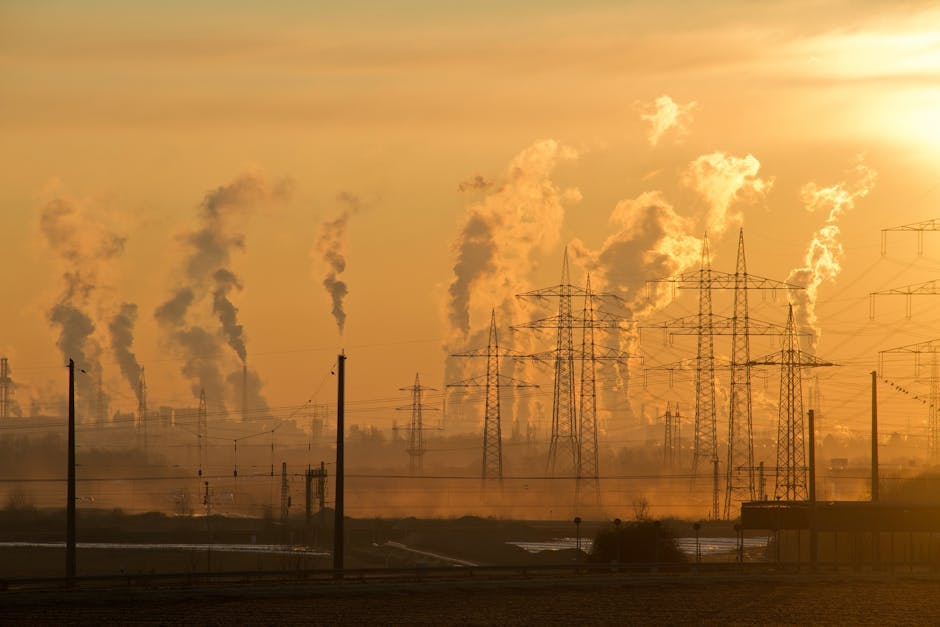Global warming, or climate change, is the ongoing increase of Earth's global average temperature and is primarily caused by human emissions like burning fossil fuels and deforestation. This phenomenon has far-reaching consequences, impacting weather patterns, sea levels, and ecosystems worldwide. Understanding the facts and taking action is crucial to mitigating its effects and preserving our planet.
One of the most significant indicators of global warming is the rising global temperature. Data from NASA reveals that the Earth's average surface temperature has increased by about 2 degrees Fahrenheit since the late 19th century. This warming trend is accelerating, with the past decade being the hottest on record. The increasing temperatures contribute to more frequent and intense heatwaves, posing significant risks to human health and agriculture.
The melting of glaciers and polar ice caps is another alarming consequence. As global temperatures rise, ice melts at an accelerated rate, contributing to rising sea levels. The National Snow and Ice Data Center reports that Arctic sea ice extent has declined dramatically over the past few decades. This loss of ice not only affects wildlife habitats but also increases the risk of coastal flooding, displacing communities and threatening infrastructure.
Rising sea levels are a direct result of melting ice and thermal expansion of water as it warms. According to the Intergovernmental Panel on Climate Change (IPCC), global sea levels have risen by about 8-9 inches since 1880. Projections suggest that sea levels could rise by several feet by the end of the century, inundating coastal areas and displacing millions of people.
Extreme weather events are becoming more frequent and intense due to global warming. Heatwaves, droughts, floods, and hurricanes are all exacerbated by a changing climate. The increasing intensity and frequency of these events pose significant threats to human lives, property, and economies. Preparedness and adaptation measures are crucial for minimizing the impacts of these events.
Ocean acidification is another concerning consequence of increased carbon dioxide in the atmosphere. The oceans absorb a significant portion of the excess carbon dioxide, leading to a decrease in pH levels. This acidification threatens marine ecosystems, particularly coral reefs and shellfish, which are vital for biodiversity and food security.
The impact on ecosystems is widespread and devastating. Changes in temperature and precipitation patterns disrupt ecosystems, affecting plant and animal life. Species are forced to migrate, adapt, or face extinction. The loss of biodiversity weakens ecosystems, making them more vulnerable to further changes and impacting essential ecosystem services.
Addressing global warming requires a global effort. Transitioning to renewable energy sources, improving energy efficiency, and adopting sustainable land management practices are crucial steps. Individual actions, such as reducing carbon footprints through conscious consumption and advocating for climate-friendly policies, also play a significant role. Collective action is essential to mitigate the effects of global warming and ensure a sustainable future for generations to come.

